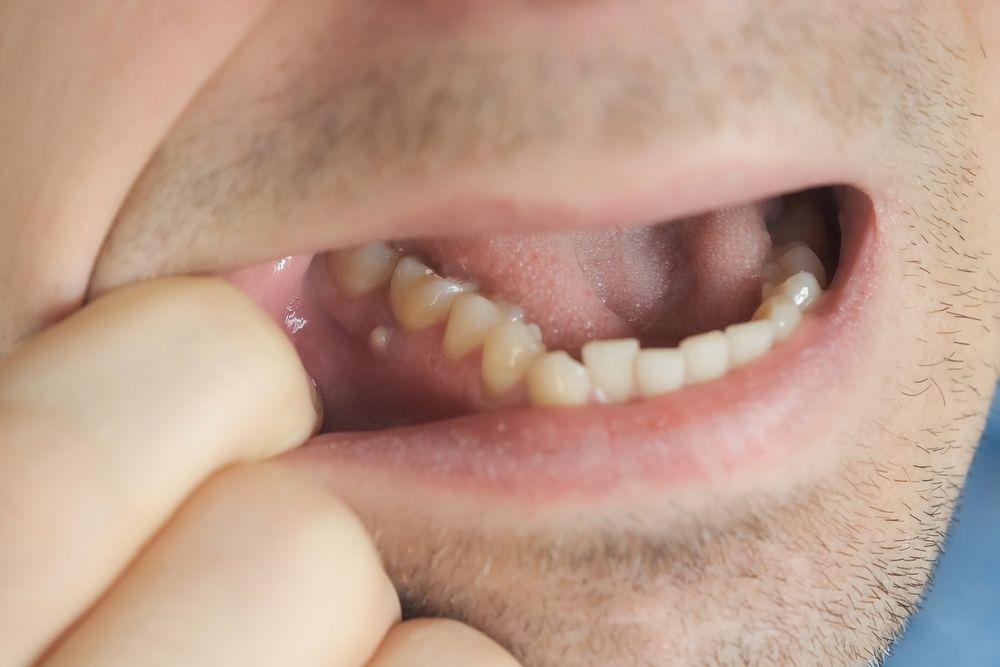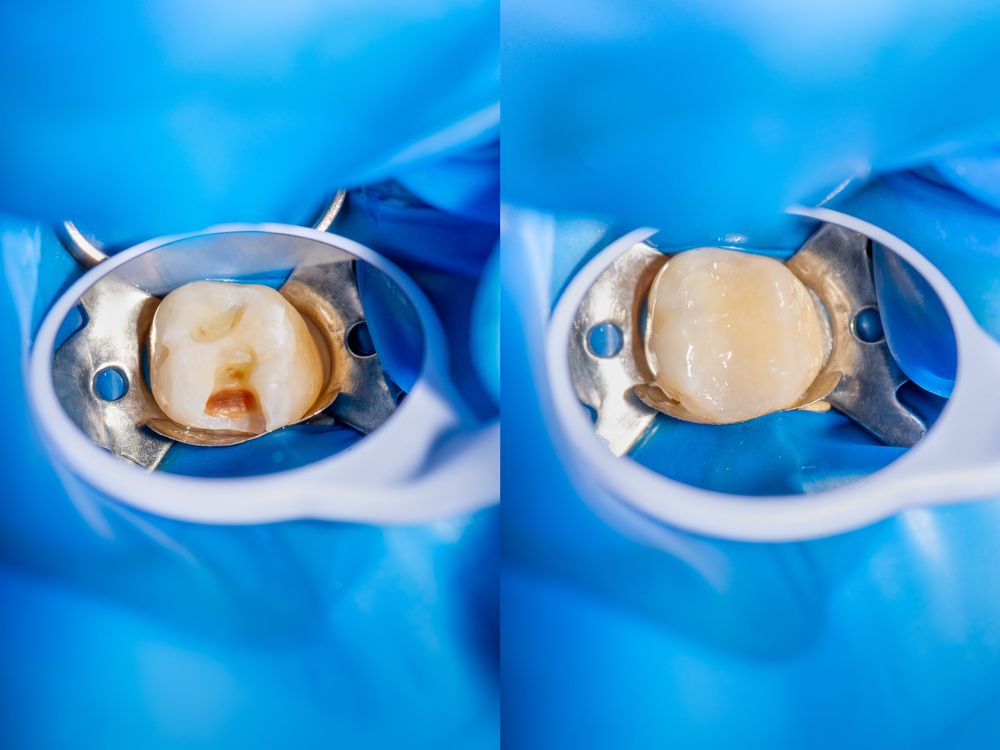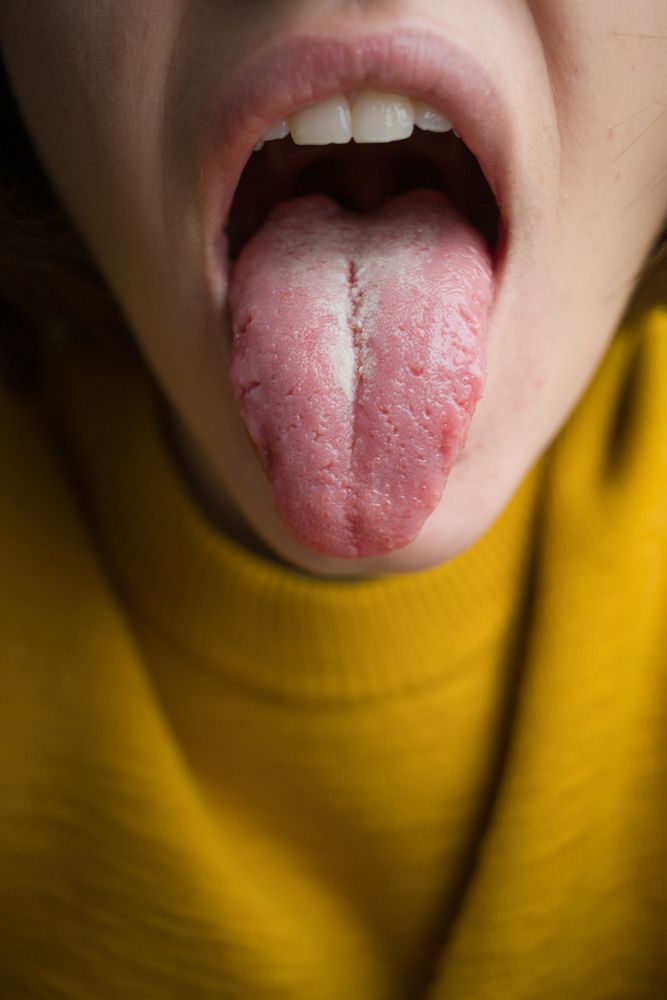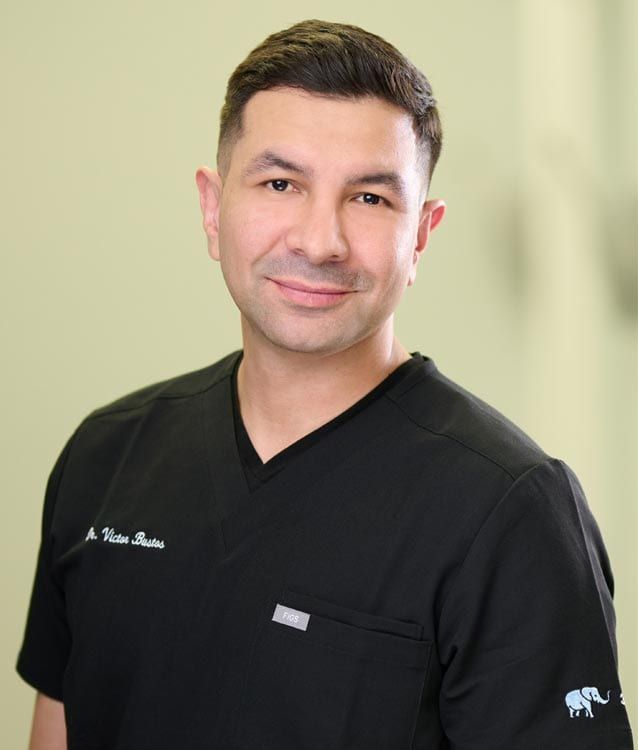When we think about bacteria in the mouth, we often imagine harmful germs that lead to cavities and gum disease. However, the reality is far more complex. Our mouths host a diverse and dynamic microbial community that plays a crucial role in maintaining oral health. Understanding the importance of bacteria in oral ecology is key to appreciating how we can manage and improve our overall dental hygiene.
The Oral Microbiome: A Balanced Ecosystem
The oral microbiome consists of billions of bacteria, fungi, viruses, and other microorganisms living in harmony. This ecosystem includes over 700 different species of bacteria, each playing a specific role. These bacteria reside on the surfaces of teeth, gums, tongue, and even within the saliva, forming a delicate balance essential for oral health.
Beneficial Roles of Oral Bacteria
Protection Against Pathogens:
Beneficial bacteria in the mouth compete with harmful pathogens, preventing them from establishing a foothold. These friendly microbes produce substances like bacteriocins that inhibit the growth of harmful bacteria, creating a protective barrier against infections.
Digestion and Nutrient Absorption:
Oral bacteria contribute to the initial stages of digestion. They help break down complex carbohydrates and proteins in food, aiding in nutrient absorption and making the digestive process more efficient.
Immune System Regulation:
The presence of a healthy oral microbiome is crucial for the regulation of the immune system. Beneficial bacteria stimulate the production of antimicrobial peptides and other immune responses, helping to keep harmful microbes in check.
Maintaining pH Balance:
Certain bacteria in the mouth help maintain a neutral pH by producing acids and bases. This balance prevents the environment from becoming too acidic, which can lead to enamel erosion and tooth decay.
Disruption of Oral Ecology: Consequences and Causes
When the balance of the oral microbiome is disrupted, it can lead to oral health issues. Factors such as poor oral hygiene, an unhealthy diet, smoking, and the overuse of antibiotics can disturb this delicate ecosystem. The consequences of such disruptions include:
Dental Caries (Cavities):
Harmful bacteria like Streptococcus mutans thrive in a sugary environment, producing acids that erode tooth enamel and cause cavities.
Gum Disease:
Imbalances in the oral microbiome can lead to an overgrowth of pathogenic bacteria, resulting in inflammation and infections of the gums, known as gingivitis and periodontitis.
Bad Breath (Halitosis):
An imbalance of bacteria can produce foul-smelling compounds, leading to chronic bad breath.
Promoting a Healthy Oral Microbiome
Maintaining a healthy oral microbiome is crucial for overall dental health. Here are some strategies to promote a balanced and thriving oral ecosystem:
Good Oral Hygiene Practices:
Regular brushing, flossing, and using an antimicrobial mouthwash can help control the growth of harmful bacteria and promote a balanced microbiome.
Healthy Diet:
A diet rich in fiber, fruits, vegetables, and low in sugars can support the growth of beneficial bacteria. Probiotic foods like yogurt and fermented foods can also contribute positively.
Regular Dental Check-ups:
Professional cleanings and check-ups can help detect and address any imbalances in the oral microbiome early on, preventing more serious issues.
Avoid Overuse of Antibiotics:
Antibiotics can disrupt the balance of the oral microbiome by killing off beneficial bacteria. Use antibiotics only when necessary and as prescribed by a healthcare professional.
Conclusion
Bacteria in the mouth play a vital role in maintaining oral health. Rather than being seen solely as harmful invaders, they should be recognized as crucial components of a balanced ecosystem. By understanding and nurturing our oral microbiome, we can achieve better dental health and prevent common oral diseases. Embracing practices that support a healthy oral microbiome is an essential step toward a brighter, healthier smile.






